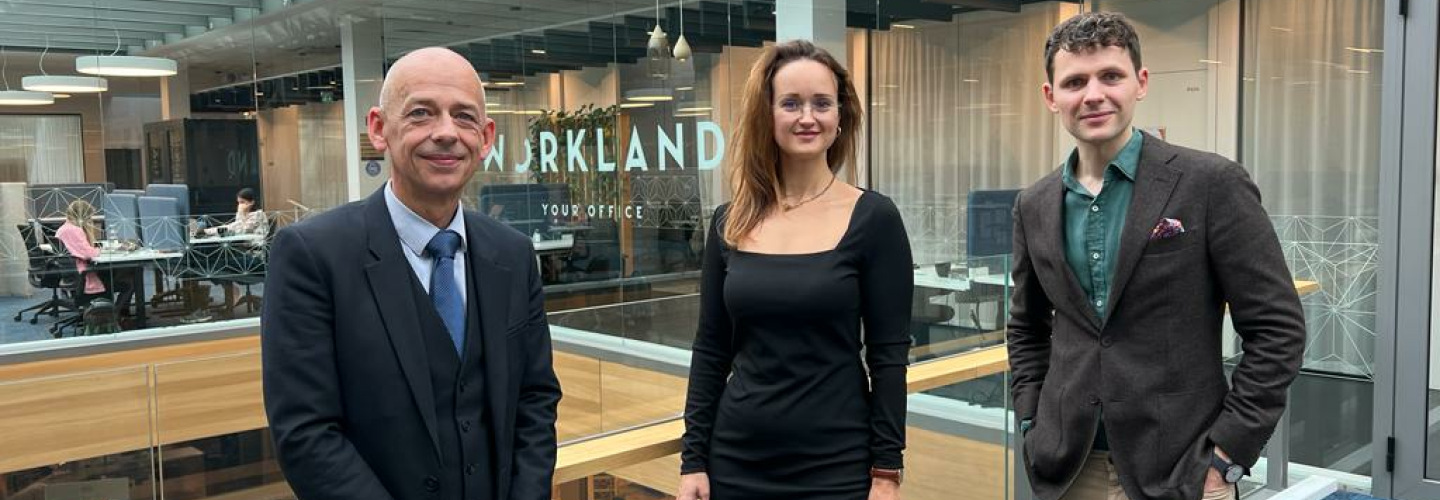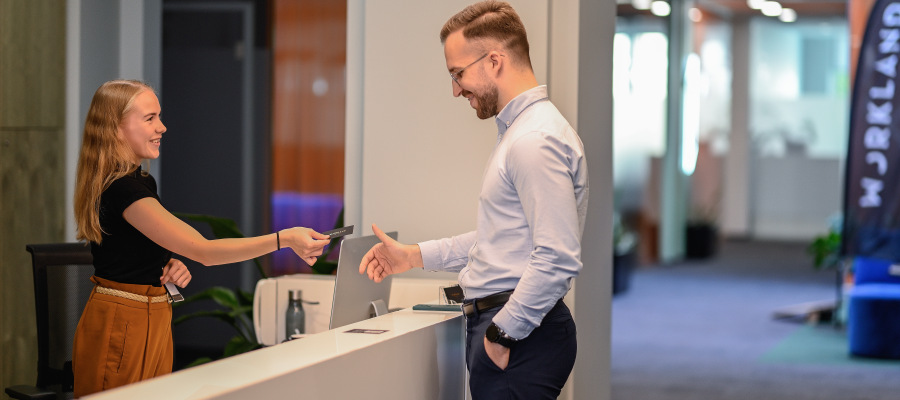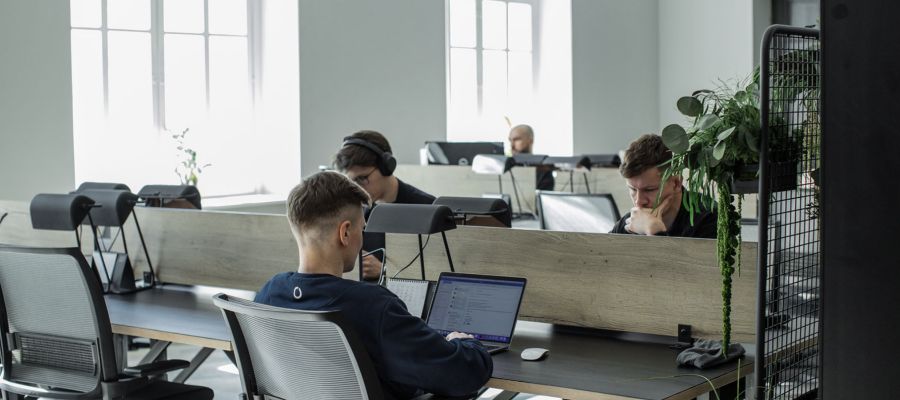"The real estate industry is the only one that has not yet experienced a single serious digital transformation. Yet, observing the speed of technology adoption in other markets, it becomes clear that changes are inevitable," says Martinas Brazauskas, head of the Proptech Lithuania association. However, as business and consumer needs change, so does the market, at least partially. According to Dirk Pelinck, head of the European Proptech Association, one of the trends in the real estate market is the increased need for flexibility in terms of lease terms and space.
"Remote work has had an impact on workplace diversity. Employees want a workplace where they can communicate and connect, but at the same time, they expect to have more freedom to choose where they want to work. Supporting such employee well-being is also accelerated by competition among employers for talent. As more and more people take care of their ecological footprint, they demand the same from the company and the office where they work," comments Dirk Paelinck.
Flexible office solutions correspond to the newest trends
Laura Panovienė, manager of Workland's fully serviced offices and coworking spaces in Lithuania, says that the transition trend from traditional office space rental to fully serviced offices is clear.
"Our experience shows that the "rule" that coworking centres are only for startups and freelancers is no longer valid. On the contrary, large international companies and rapidly growing teams of Lithuanian unicorns, various associations, and public institutions choose Workland offices. Also, Workland members are from a wide variety of sectors: from financial technologies, law, to marketing, healthy lifestyle or the entertainment industries," says Laura Panovienė.
According to the manager of Workland, such a variety of businesses in the community support the needs of both individuals and companies - communication, sharing knowledge, and creating connections. At the same time, the community provides opportunities to share information and involve other community members in initiatives, which contributes to faster business growth. An example of this is the Proptech Lithuania association, which is established in the Workland coworking centre in Vilnius.

Proptech - the undoubted future of the real estate industry
Martinas Brazauskas, the head of the Proptech Lithuania association, says there is interest in proptech in Lithuania. Still, there is a critical need for information on this topic: the recently established association has already attracted a lot of attention and its first members.
"We have a rather ambitious vision for the future: we aim to make Lithuania a world-class "proptech" center and create global products with high added value here. We aim to establish 100 proptech startups in Lithuania within a decade and attract another 200 companies from abroad," says M. Brazauskas.
According to Dirk Paelinck, head of the European Proptech Association, ESG standards are already becoming and will be one of the most important issues on the agenda of both landlords and among the criteria for employees when choosing companies in the future.
"We now have an ecosystem of over 3,000 new and expanding proptech companies in Europe that support ESG. Their founders offer a range of technical, technological and business model innovations that reduce financial costs and contribute to energy management, waste management, air quality, carbon reduction, and energy sharing. Workplace providers should dive deep into these ecosystems, make decisions that add value to their building, and integrate these innovations as quickly as possible. It is also important to think about flexibility according to the size, configuration and destination of the managed square meters," says D. Paelinck.
The head of Workland fully serviced office and coworking space centres in Lithuania, Laura Panoviene, says that flexibility is a necessity for today's dynamically growing business, and their main task as workplace service providers is to support business and its growth.
"It's Workland's mission to support all work styles while also supporting business growth." We see this both through the prism of increasing comfort, the integration of technologies, and through a community that develops mutual communication and support that helps companies and professionals grow," says L. Panovienė.




